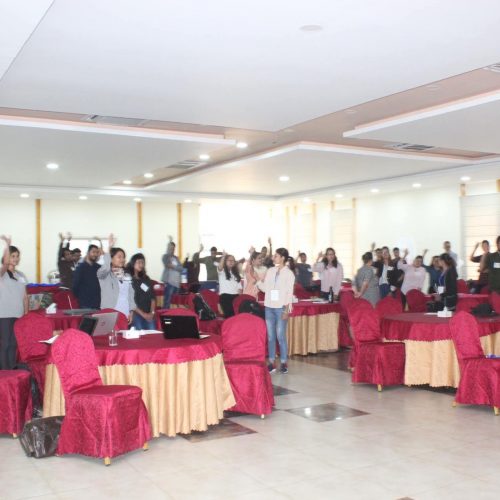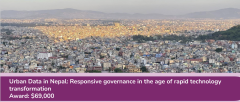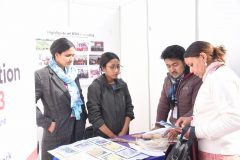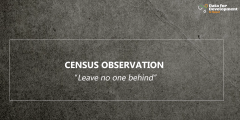
Growing youth leadership in open data
June 25, 2018
Data Portal – Nepal Open Taxation Data
September 1, 2018Strengthening the Air Quality Narrative in Nepal with open data
Partner: Clean Up Nepal and Air South Asia
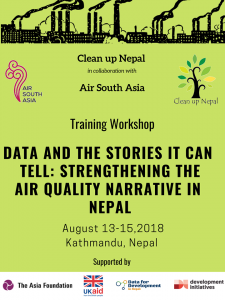
To strengthen evidence-use in efforts aimed at understanding and addressing Nepal’s air pollution, the D4D Program supported Clean Up Nepal and Air South Asia to conduct a 3-day workshop on open data for air quality.
Over the past few years air pollution has become a major environmental issue in Nepal. The average annual PM 2.5 concentration in Nepal is now 78 μg/m3 compared to a global average of 51 μg/m3, and the latest Global Burden of Disease linked ambient PM2.5 pollution to over 20,500 deaths annually. However, critical gaps exist within Nepal’s air quality system that are hampering efforts to address the issue. This includes the limited collaboration across the fields of research, reporting, advocacy, and policy making; misguided public engagement, and poor knowledge management. There are gaps in the availability of data that could help to address the issue, and there are gaps a in local capacity across the fields of research, advocacy, reporting in their ability to use data to influence policy and behavior change.
To contribute towards filling the gap on local data capacity and encouraging effective multi-stakeholder collaboration Air South Asia and Clean Up Nepal conducted a three-day workshop on ‘Data and Stories it can tell: Strengthening the Air Quality Narrative in Nepal through Multi-Stakeholder Engagement’. This workshop and its follow-on activities aimed to emphasize data-driven evidence for awareness raising and policy making; increase the demand for open data among public sector stakeholders to support decision-making and implementation; and establish a multi-stakeholder network on air quality that encourages collaboration and the creative use of (open) data.
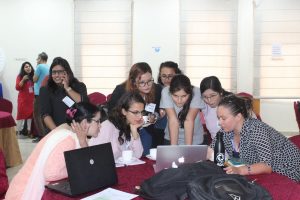 The workshop utilized open data and resources related to air pollution to showcase how stakeholders can make significant data driven changes and promote data sharing. The 45 participants (including researchers, journalists, government employees, students, and NGO representatives) were taught a range of data skills and collaboratively developed a series of project and research ideas based on the use of open data. Through collaborative exercises the workshop helped to create broad coalition of individuals working across sectors equipped with the skills to take evidence-based action on air pollution.
The workshop utilized open data and resources related to air pollution to showcase how stakeholders can make significant data driven changes and promote data sharing. The 45 participants (including researchers, journalists, government employees, students, and NGO representatives) were taught a range of data skills and collaboratively developed a series of project and research ideas based on the use of open data. Through collaborative exercises the workshop helped to create broad coalition of individuals working across sectors equipped with the skills to take evidence-based action on air pollution.

